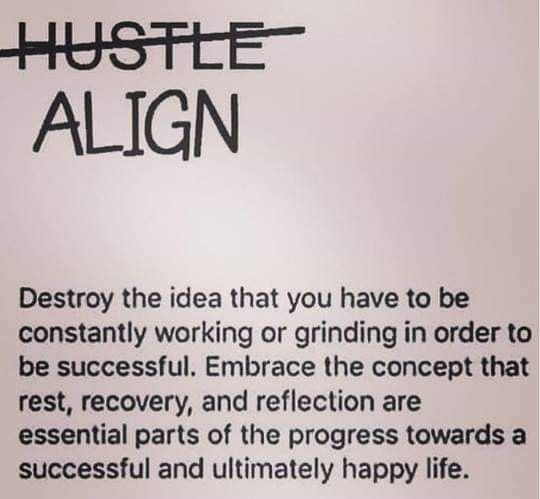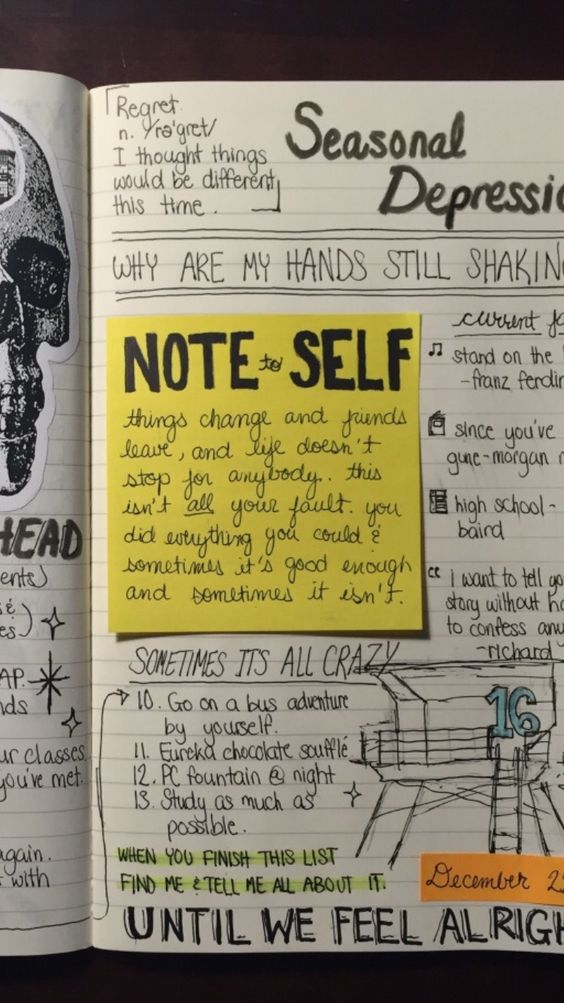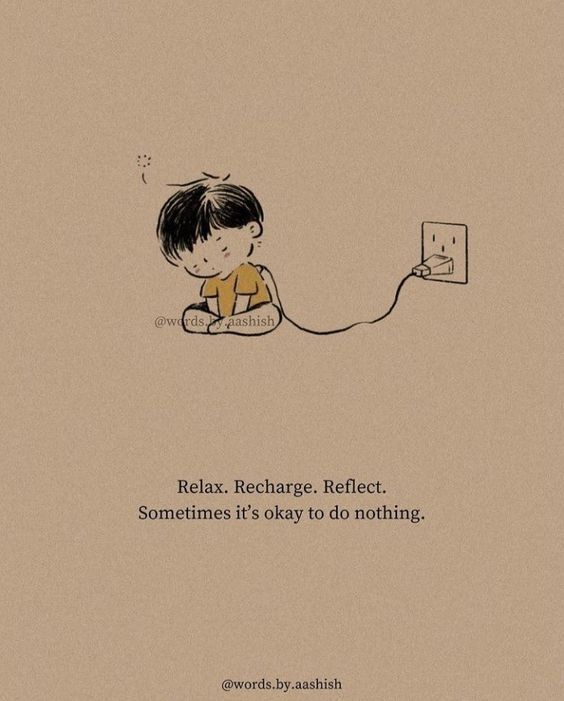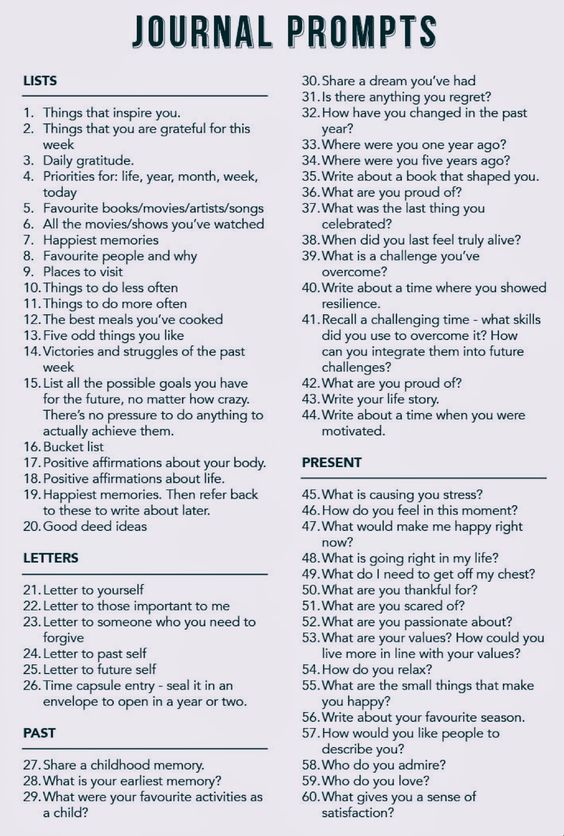Five-Year Memory Book

Why We ♥ It: The simple commitment of just One Line a Day is manageable for everyone. Plus, each page includes an entry for five successive years, allowing you to revisit previous thoughts and memories on specific days of the year. Uniquely rewarding, simple to complete, and presented in an inviting and modern package, this tactile journal will become a treasure trove of memories to cherish forever.
“For the first time in my life, I realized telling the truth was way different from finding the truth, and finding the truth had everything to do with revisiting and rearranging words. Revisiting and rearranging words didn’t only require vocabulary; it required will, and maybe courage. Revised word patterns were revised thought patterns. Revised thought patterns shaped memory. I knew, looking at all those words, that memories were there. I just had to rearrange, add, subtract, sit, and sift until I found a way to free the memory.”
Kiese Laymon, Heavy (Page 86)
“He mused deeply, descending to the very bottom of this sensation as if through deep water, all the way down to where the causes rest. For, it seemed to him, thinking is recognizing causes, and that is the only way in which sensations become insights: they are not lost, they become substance and begin to radiate what is within them.”
Hermann Hesse, Siddhartha (Page 35)
“What is important is not a philosophy of life but to observe what is actually taking place in our daily life, inwardly and outwardly.”
J. Krishnamurti, Freedom From The Known (Page 16)
“The faster and busier things get, the more we need to build thinking time into our schedule. And the noisier things get, the more we need to build quiet reflection spaces in which we can truly focus.”
Greg McKeown, Essentialism (Page 68)
“We can’t address our thoughts and explore our minds when we’re preoccupied. Nor does just sitting in your home teach you anything. There are three ways I suggest you actively create space for reflection. First, on a daily basis I recommend you sit down to reflect on how the day went and what emotions you’re feeling. Second, once a month you can approximate the change that I found at the ashram by going someplace you’ve never been before to explore yourself in a different environment. This can be anything from visiting a park or library you’ve never been to before to taking a trip. Finally, get involved in something that’s meaningful to you—a hobby, a charity, a political cause.”
Jay Shetty, Think Like A Monk (Page 12)
“Most of us don’t sit down and think about our values. We don’t like to be alone with our own thoughts. Our inclination is to avoid silence, to try to fill our heads, to keep moving. If you go to a networking event every day and have to tell people what you do for a living, it’s hard to step away from that reduction of who you are. If you watch Real Housewives every night, you start to think that throwing glasses of wine in your friends’ faces is routine behavior. When we fill up our lives and leave ourselves no room to reflect, those distractions become our values by default.”
Jay Shetty, Think Like A Monk (Page 11)
Meditations [Book]
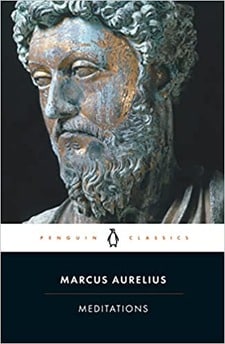
Book Overview: Written in Greek by an intellectual Roman emperor without any intention of publication, the Meditations of Marcus Aurelius offer a wide range of fascinating spiritual reflections and exercises developed as the leader struggled to understand himself and make sense of the universe. Spanning from doubt and despair to conviction and exaltation, they cover such diverse topics as the question of virtue, human rationality, the nature of the gods and the values of leadership. But while the Meditations were composed to provide personal consolation, in developing his beliefs Marcus also created one of the greatest of all works of philosophy: a series of wise and practical aphorisms that have been consulted and admired by statesmen, thinkers and ordinary readers for almost two thousand years.
“To do your inner work means to evaluate why something triggered you, why something is upsetting you, what your life is trying to show you, and the ways you could grow from these experiences. Truly powerful people absorb what has happened to them and sort of metabolize it. They use it as an opportunity to learn, to develop themselves. This type of inner mental and emotional work is non-negotiable if you want to be truly powerful.”
Brianna Wiest, The Mountain Is You (Page 187)
“Keep ignoring feedback and life will keep teaching you the same lesson.”
James Clear, Blog
“Events in life mean nothing if you do not reflect on them in a deep way, and ideas from books are pointless if they have no application to life as you life it. In strategy all of life is a game that you are playing. This game is exciting but also requires deep and serious attention. The stakes are so high. What you know must translate into action, and action must translate into knowledge. In this way strategy becomes a lifelong challenge and the source of constant pleasure in surmounting difficulties and solving problems.”
Robert Greene, The Daily Laws (Page 303)
Narrow Road To The Interior [Book]
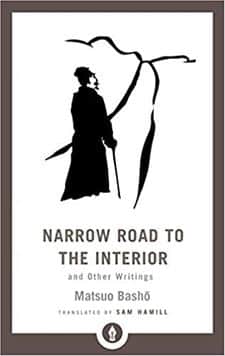
Book Overview: A masterful translation of one of the most-loved classics of Japanese literature—part travelogue, part haiku collection, part account of spiritual awakening
Bashō (1644–1694)—a great luminary of Asian literature who elevated the haiku to an art form of utter simplicity and intense spiritual beauty—is renowned in the West as the author of Narrow Road to the Interior, a travel diary of linked prose and haiku recounting his journey through the far northern provinces of Japan.
Post(s) Inspired by this Book:
19 Quotes from Narrow Road To The Interior on Solitude, Travel, and Poetry


